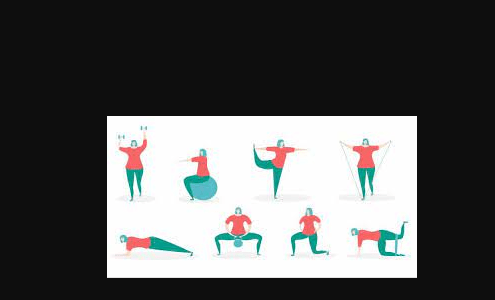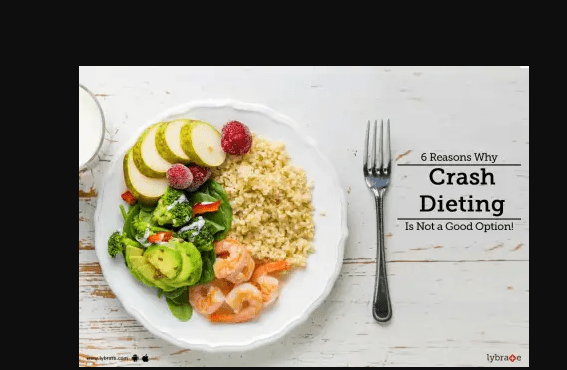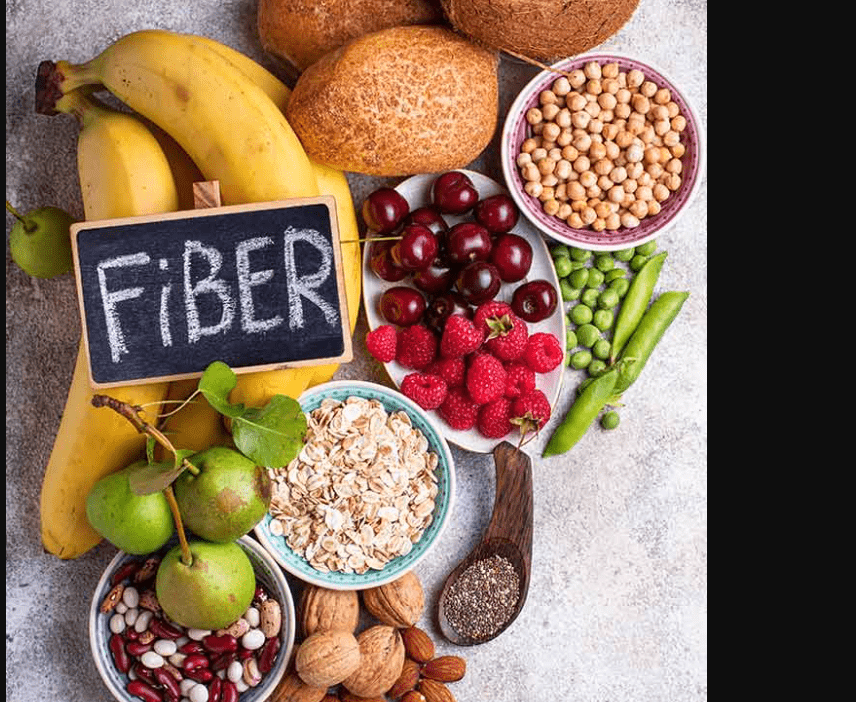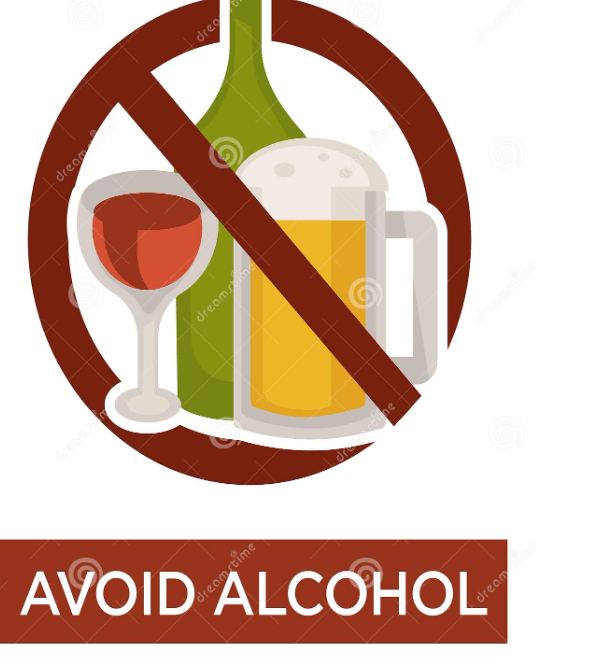
Best 15 Effective Tips to Lose Baby Weight After Pregnancy;-We are aware that it might be difficult to maintain a healthy weight after giving birth. Taking care of a newborn, settling into a new routine, and recovering after childbirth can be stressful. That is a lot.
After birth, it’s crucial to get back to a healthy weight, especially if you want to have another child in the future.
We’ll go through some proven techniques to assist you in getting to a healthy postpartum weight so you can embrace parenthood with enthusiasm.
What is ‘baby weight?’
Here is some background information on “baby weight,” why it occurs during pregnancy, and why it won’t be necessary once the kid is born.
- The Centers for Disease Control and Prevention (CDC) advises healthy-weight women who are expecting one child should gain 25–35 pounds (11.5–16 kg) during pregnancy.Best 15 Effective Tips to Lose Baby Weight After Pregnancy
Different weight-gain recommendations are made for expecting women who are underweight, overweight, or carrying multiple kids. To find out your specific recommended weight gain, use the interactive calculators at the Institute of Medicine/National Academies.
Depending on your particular needs, your healthcare experts can provide a different advice.
Pregnancy weight gain includes the following, according study in the American Journal of Obstetrics & GynecologyReliable Source:
- the baby
- placenta
- amniotic fluid
- breast tissue
- blood
- uterus enlargement
- extra fat stores
Tips to help lose baby weight
1. Keep your goals realistic
Contrary to what publications and celebrity accounts would have you believe, postpartum weight loss takes time.
According to a 2015 study, 75% of women had gained more weight a year after giving birth than they had before becoming pregnant. At one year, 25% of these women had maintained 20 additional pounds, and 47% had gained at least 10 pounds.
It is reasonable to anticipate that over the following one to two years, you could shed about 10 pounds, depending on how much weight you put on during pregnancy (4.5 kg). If you put on extra weight, you might discover that you’re a few pounds heavier than you were before being pregnant.
Of course, you should be able to attain your goals with a healthy diet and regular exercise.
Also You May Like;Best Antibiotic for Otitis Media to Adults-(20+)
2.Don’t crash diet
Crash diets are very low calorie diets that are designed to help you lose a significant amount of weight as quickly as possible.
Your body needs a healthy diet to heal and recuperate after childbirth. Additionally, the CDCTrusted Source states that breastfeeding increases your calorie needs.Best 15 Effective Tips to Lose Baby Weight After Pregnancy

Low calorie diets are typically deficient in essential nutrients and will probably make you feel lethargic. This is the exact opposite of what you need when caring for a newborn and are probably exhausted.
If your weight is constant right now, cutting 500 calories from your daily consumption will result in a safe loss of 1.1 pounds (0.5 kg) per week. This quantity of
3.Breastfeed if you can
Breastfeeding is advised by the American Academy of Pediatrics (AAP), the CDC, and the World Health Organization (WHO)Trusted Source. There are numerous advantages for both you and your baby when you breastfeed during the first six months of life (or much longer):
- Provides nutrition: Breast milk contains all the nutrients a baby needs to grow and thrive in the first 6 months of life, according to the WHOTrusted Source.
- Supports the baby’s immune system: Breast milk also contains important antibodiesTrusted Source that help your baby fight viruses and bacteria.
- Lowers the risk of disease in infants: Breastfed infants have a lower risk of asthma, obesity, type 1 diabetes, respiratory disease, ear infections, sudden infant death syndrome (SIDS), and gastrointestinal infections.
- Reduces the mother’s risk of disease: People who breastfeed have lower risksTrusted Source of high blood pressure, type 2 diabetes, breast cancer, and ovarian cancer.Best 15 Effective Tips to Lose Baby Weight After Pregnancy
However, during the first three months of nursing, you could not lose any weight or even put on a little. Due to higher calorie requirements and intake as well as decreased physical activity when lactating, this is the case.
Monitor your calorie intake
We are aware that not everyone should track calories. However, if you find that eating intuitively isn’t working for you, tracking your calories might help you figure out how much you’re consuming and where any potential trouble areas in your diet are.

It can also assist you in ensuring that you consume enough calories to give you the nourishment and energy you require.
You can do this by:
- keeping a food diary
- taking pictures of your food as a reminder of what you have eaten
- trying a mobile calorie tracking app
- sharing your daily calorie intake with a friend who is also monitoring calories for accountability
You can minimize your portion sizes and make healthier food choices by using these strategies, which will aid in weight loss.
4.Eat foods high in fiber
Get those wholesome grains and vegetables on your shopping list right away. It has been demonstrated that consuming meals high in fiber can aid in weight loss.Best 15 Effective Tips to Lose Baby Weight After Pregnancy

For instance, a 2019 studyTrusted Source of 345 individuals discovered that adding 4 grams of fiber to what participants were already eating before the study resulted in an additional average weight loss of 3 1/4 pounds over the course of six months.
According to a 2015 clinical investigation, soluble fiber foods (like these!) may also help you feel fuller for longer by slowing down digestion and lowering hunger hormone levels.Best 15 Effective Tips to Lose Baby Weight After Pregnancy
Although the overall findings of research are conflicting, these impacts on digestion might aid in calorie restriction.
Stock up on healthy proteins
According to studies reported in the American Journal of Clinical Nutrition, including protein in your diet can increase metabolism, lower appetite, and help you consume less calories.
Protein, compared to other nutrients, has a stronger “thermic” effect, according to studies. This indicates that it requires more energy for the body to digest than other forms of food, resulting in more calories being burned.
Furthermore, ResearchTrusted Source demonstrates that protein can reduce appetite by lowering ghrelin and raising the hormones that promote fullness, GLP and GLP-1. Less hunger hormones equate to fewer rage-nes.Best 15 Effective Tips to Lose Baby Weight After Pregnancy
Healthy protein sources include:
- lean meats
- eggs
- low mercury fish
- legumes
- nuts and seeds
- dairy
6.Keep healthy snacks handy
What you eat can be greatly influenced by the meals that are available to you. A healthy substitute is ideal when you’re browsing the pantry for something to snack on.
You may make sure you have something on hand when the mood strikes by stocking up on healthy snacks. Following are some to have on hand:
- cut vegetables and hummus
- mixed nuts and dried fruit
- Greek yogurt and homemade granola
- air-popped popcorn
- string cheese
- spiced nuts
- seaweed snacks
Simply leaving fruit out on the counter has been linked to a lower body mass index, according to research (BMI).
Comparative research also revealed that keeping unhealthy items out on the counter is linked to an increase in weight. Keep processed meals and sweets away from the kitchen, or better yet, keep them outside the house.
We adore these nutritious snack suggestions for the workplace, pantry, and other locations.
7. Avoid added sugar and refined carbs
Despite their allure, sugar and processed carbohydrates are typically low in nutrients and heavy in calories. Additionally, there are scrumptious and healthful choices.
Increased weight, diabetes, heart disease, some malignancies, and even cognitive decline have all been linked in research to large intakes of added sugar and refined carbohydrates.
Common sources of added sugars include
- sugary drinks
- fruit juice
- any type of refined sugar
- white flour
- sweet spreads
- cakes
- biscuits
Read the food labels before making your grocery store food selections. A product is typically best avoided if sugar is among the first components listed.
By eliminating processed meals and sticking to whole foods like vegetables, legumes, fruits, meats, fish, eggs, nuts, and yogurt, you may easily lower your sugar intake.Best 15 Effective Tips to Lose Baby Weight After Pregnancy
Here are some suggestions for low-sugar breakfasts to get your creative juices flowing.
8. Avoid highly processed foods
If you’ve been paying attention, you’ve probably noticed that eating whole, unadulterated foods makes a lot of these suggestions much simpler. They often contain a lot of protein, fiber, and little sugar.
The National Institutes of Health (NIH)Trusted Source notes that processed foods, on the other hand, are frequently heavy in sugar, bad fats, salt, and calories, all of which might undermine your attempts to lose weight.
These foods include:
- fast foods
- prepackaged foods
- chips
- cookies and baked goods
- candy
- ready meals
- boxed mixes
additional study According to a reliable source, eating processed food leads to more compulsive eating habits.
According to research reported in The American Journal of Clinical Nutrition, these items unfortunately account for a significant portion of the nutritious intake of many people.
By substituting fresh, nutritious, nutrient-dense meals for processed ones, you can lessen the amount of processed food you consume.
9. Avoid alcohol
According to research, a glass of red wine or even small doses of alcohol do have certain health advantages.
Alcohol, however, adds extra calories without offering much in the way of nutrients when it comes to weight loss.
Additionally, drinking alcohol may contribute to weight gain and increase the amount of belly fat (fat that is stored around the organs).

There is now no established safe alcohol intake for newborns, claims research from a reputable source. The safest course of action for newborns, according to the CDCTrusted Source, is for nursing women to abstain from all alcoholic beverages.
When you’re in the mood to celebrate, we’d suggest something fizzy and low in sugar, like flavored sparkling water without added sugar.
10.Get moving
Moving your body has many advantages in general, but it can also significantly speed up weight loss. Cardio exercises including walking, jogging, running, cycling, and interval training aid in calorie burning and have a number of positive effects on health.
Exercise improves heart health, lowers the likelihood and severity of diabetes, and may lower the risk of a number of cancers, according to the CDCTrusted Source.Best 15 Effective Tips to Lose Baby Weight After Pregnancy
An study of eight studies revealed that exercise will help if you combine it with healthy eating, despite the fact that exercise by itself may not help you lose weight.
For instance, the data revealed that persons who lost weight by diet and exercise shed an additional 3.7 pounds (1.72 kg) on average than those who only diet.
According to the CDCTrusted Source, aerobic activity is particularly crucial for fat loss.
Depending on the delivery method, whether there were any issues, your pre-pregnancy fitness level, and how you feel overall will determine when it is safe to resume exercising. You can choose your timing with the assistance of your healthcare provider.
The CDCTrusted Source advises postpartum women to engage in at least 150 minutes of weekly, moderate-intensity aerobic physical exercise, such as brisk walking, after receiving clearance from their healthcare provider to begin working out.
Find an exercise you truly enjoy and can do long after you reach a healthy weight if you have the go-ahead to begin.
11.Don’t resist that resistance training

You can maintain muscle mass while losing weight by engaging in resistance training, such as weightlifting.
The most efficient way to lose weight and improve heart health, according to research, is to combine a diet and physical training.
While it might be challenging to find time to work out with a baby, there are gyms that provide programs for moms and babies (both in-person and online! ), in addition to YouTube videos and smartphone apps that can be of assistance.Best 15 Effective Tips to Lose Baby Weight After Pregnancy
12.Drink enough water
Keep drinking, my buddies. Anyone seeking to reduce weight must make sure they are getting adequate water. According to The CDCTrusted Source, you can save 240 calories by drinking water instead of just one 20-ounce sweetened beverage.
A 2016 study found that drinking water could enhance your feeling of fullness and rev up your metabolism, which could help you lose weight.
But not all academics concur. According to a different study, there is no solid link between drinking water and losing weight.
To make up for the fluids lost during milk production, breastfeeding moms must, without a doubt, stay hydrated.
Health experts frequently advise consumers to have eight 8-ounce glasses each day, or half a gallon, or roughly 2 liters. The “88 rule” makes this simple to recall.
The 8×8
13.Get enough sleep
You are aware that this will be challenging. That little one needs you constantly. But you’ll profit if you make every effort to get enough rest.
Your weight may be badly impacted by sleep deprivation. Sleep deprivation has been linked to retaining greater weight after pregnancy, according to one analysis of the literature (Trusted Source).Best 15 Effective Tips to Lose Baby Weight After Pregnancy

This association might apply to adults in general as well. Short stretches of sleep are significantly correlated with obesity, according to an assessment of 11 research.
Getting enough sleep can be difficult for new mothers. Asking for assistance from family and friends, as well as reducing your coffee use, are techniques that may be helpful.
Remember that your health is equally as essential as your child’s health, therefore ask for assistance to obtain
14.Seek support

Some people may benefit from group weight loss. a study and analysis According to a Trusted Source study, folks who participate in group-based weight loss typically lose more weight than those who do it alone.
Both offline and online forums for weight loss may be beneficial.
However, a different evaluation of the literature involving 16,000 participants discovered that group weight reduction had no discernible impact in comparison to other weight loss therapies.
Choosing a method that works for your preferences and way of life is definitely the best course of action. Here are some methods for locating your group.
15.Ask for help
Being a new parent can be a challenging and labor-intensive job. In addition to postpartum depression, which affects 1 in 9 new mothers, sleep deprivation and stress can be exhausting.
While maintaining a healthy weight after giving birth is crucial, it shouldn’t cause excessive stress and worry. Making modest adjustments that you can keep up over time is essential.Best 15 Effective Tips to Lose Baby Weight After Pregnancy
Don’t be hesitant to ask for help if you’re struggling to manage, feeling depressed or nervous, or just can’t seem to get through the day. Ask friends and relatives to assist you out around the house, with meal preparation, or with the baby for a few hours so you can rest or work out.
Frequently Asked Questions
The greatest strategy to lose weight is to eat a balanced diet and exercise frequently. You will shed fat through exercise rather than muscle. Eat a little less and walk a little more each day until you’re ready to start losing weight. To lose weight quickly, it may be tempting to force yourself into a demanding schedule.
After giving birth, the average woman loses about 13 pounds (6 kg), including the weight of the baby, amniotic fluid, and placenta. With a good diet and consistent exercise, you may shed around a pound (0.5 kg) of fat each week.
- Is it possible to lose weight after delivery?
When a woman gives birth, she typically loses around 13 pounds (5.9 kilograms), which includes the weight of the baby, the placenta, and amniotic fluid. You will lose more weight the first week following delivery when you expel any remaining fluids, but the fat that was deposited during pregnancy won’t naturally evaporate.
Be the first to comment